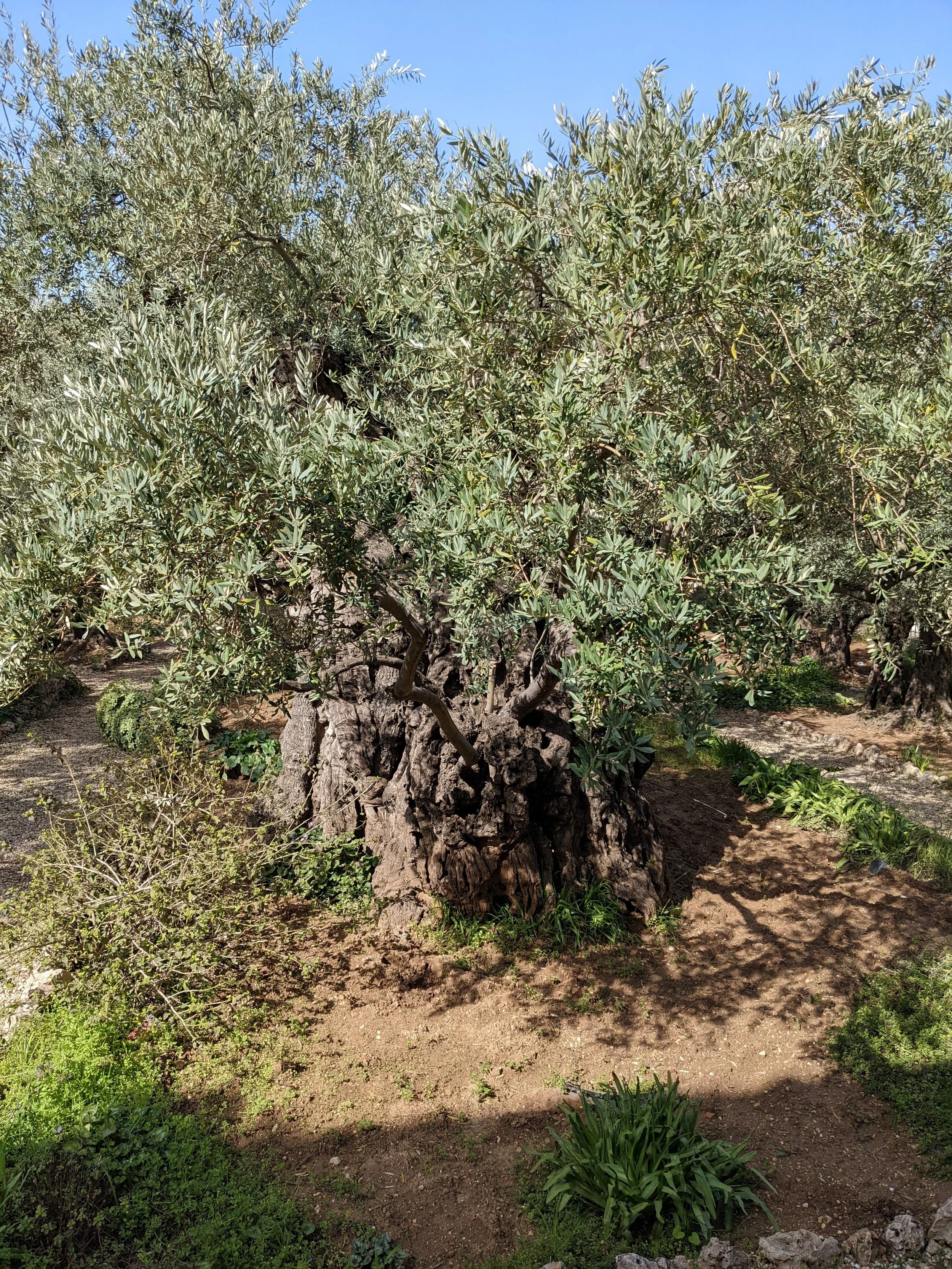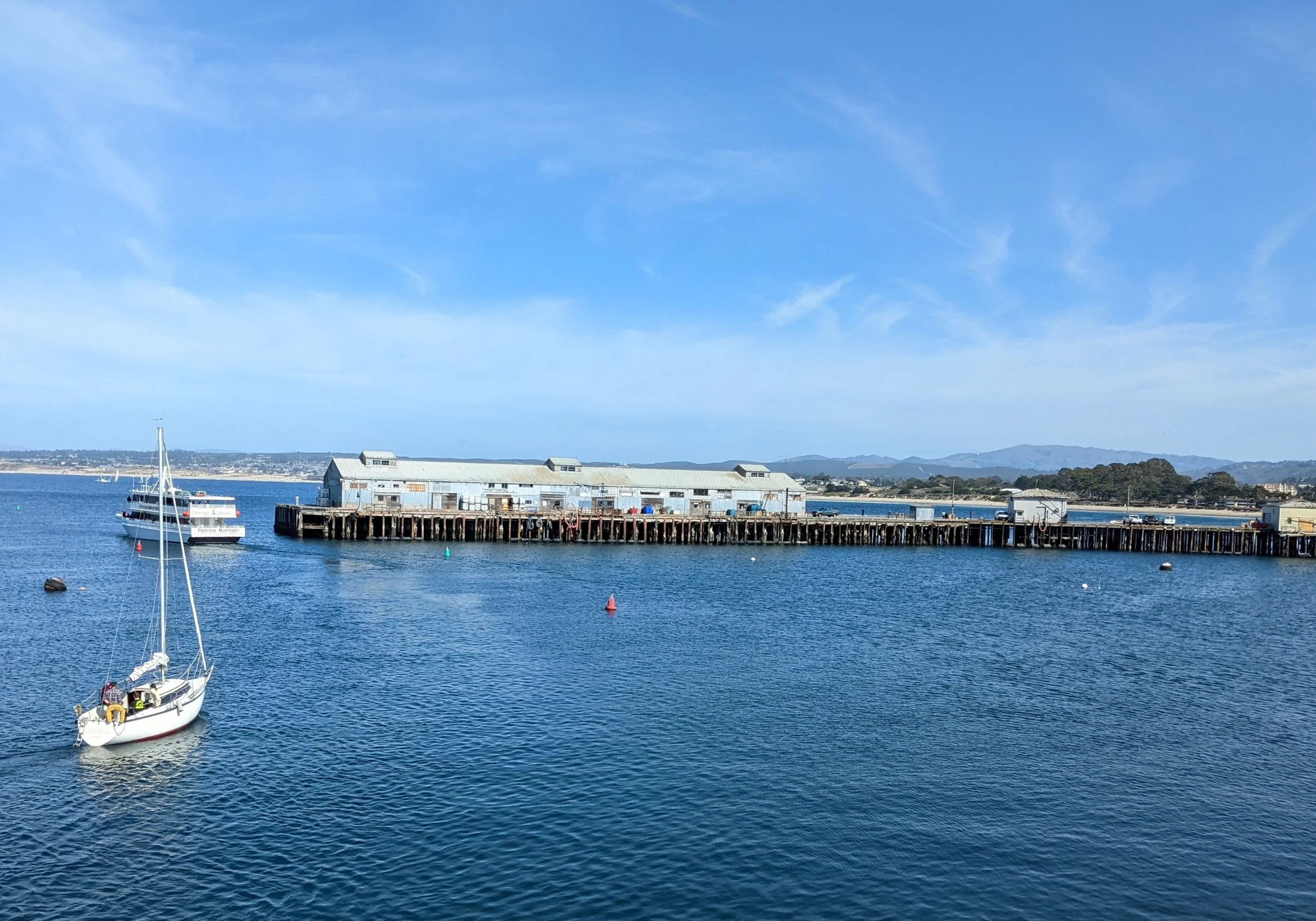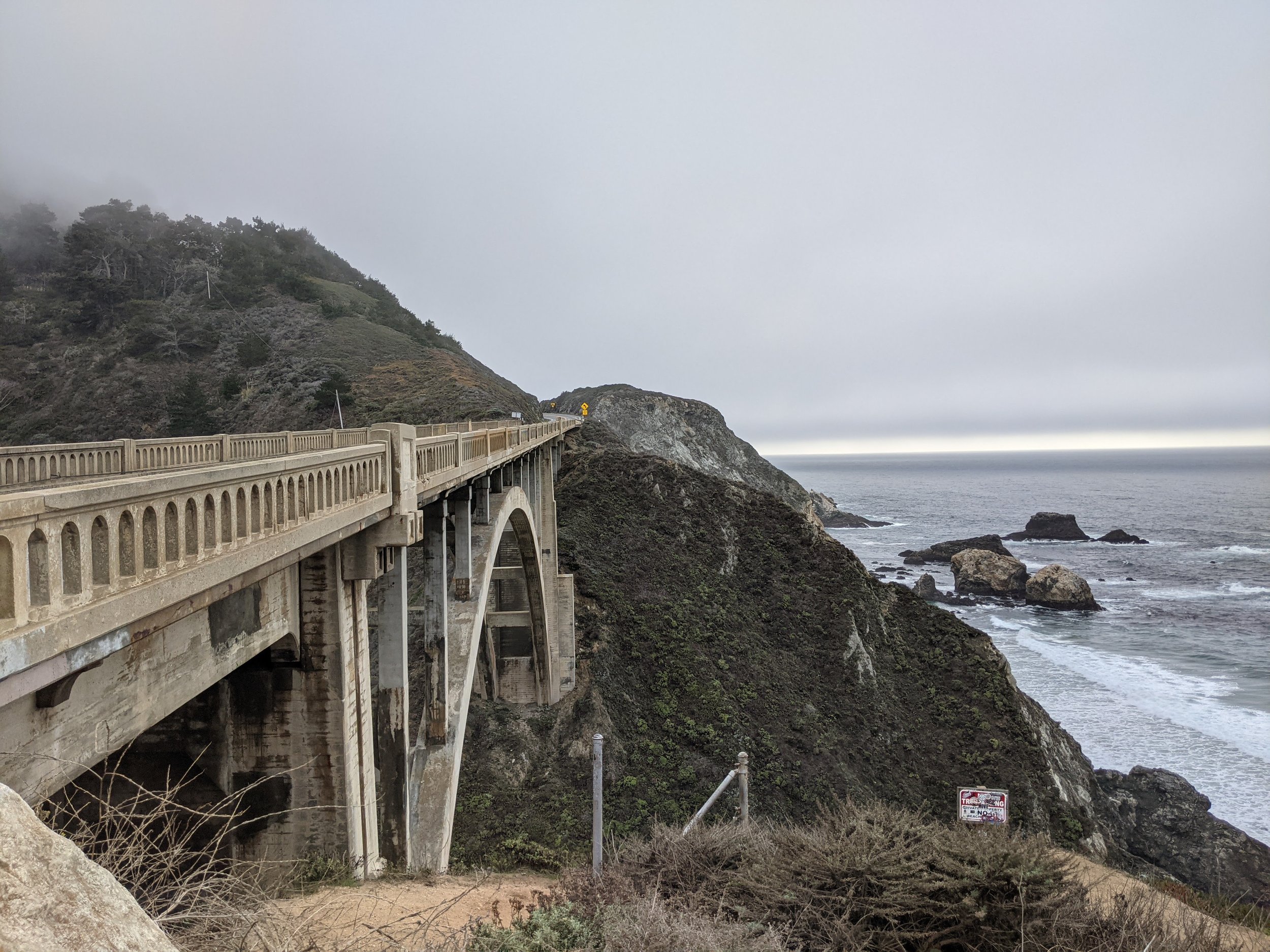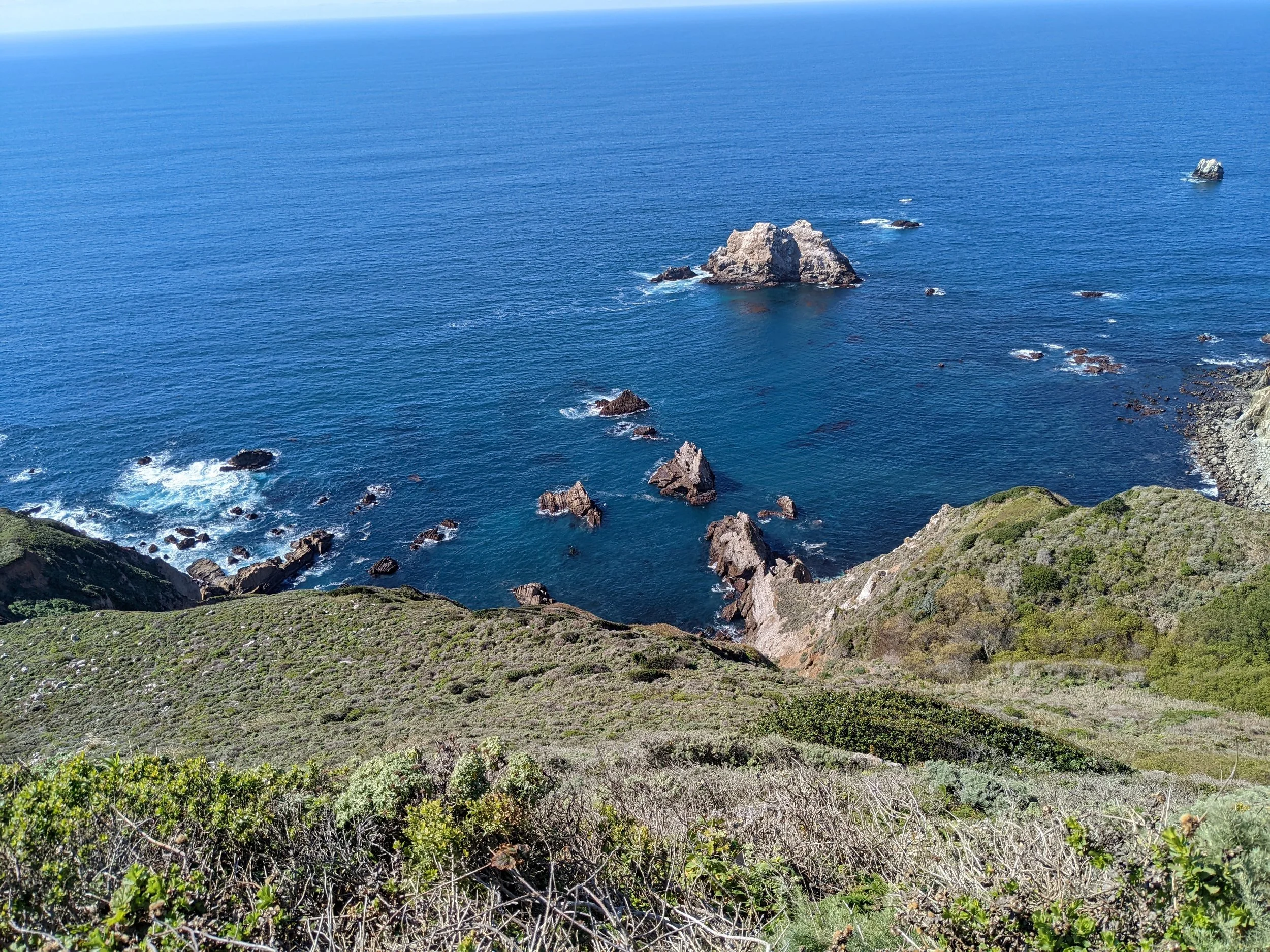Jesus began his teaching on the Mount of Olives warning about the tendency to be led astray (5). He knew some would come and lead many astray, so he sought to bolster his followers by telling them to see to it that they were not led astray (5). And many will come in Jesus' name, he said, even declaring themselves to be the Christ, and will deceive many. Ideologies, movements, and individuals will always arise, declaring themselves to be the savior the world needs.
Read moreJesus Prepared His Followers for Tribulation Through the Olivet Discourse (Mark 13:5-13)
Jesus Prepared His Followers for Tribulation Through the Olivet Discourse
Mark 13:5-13










